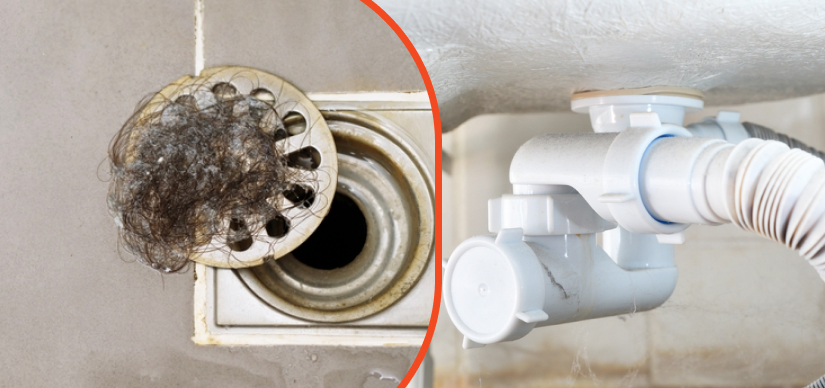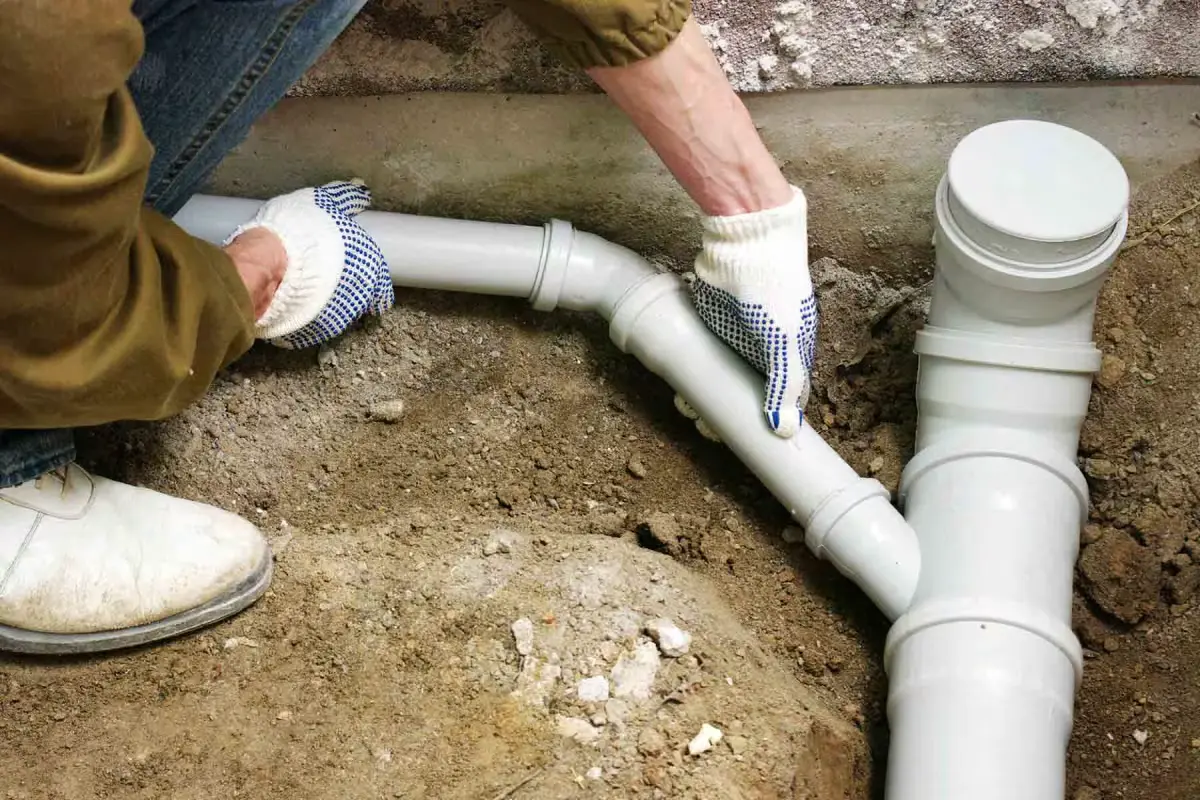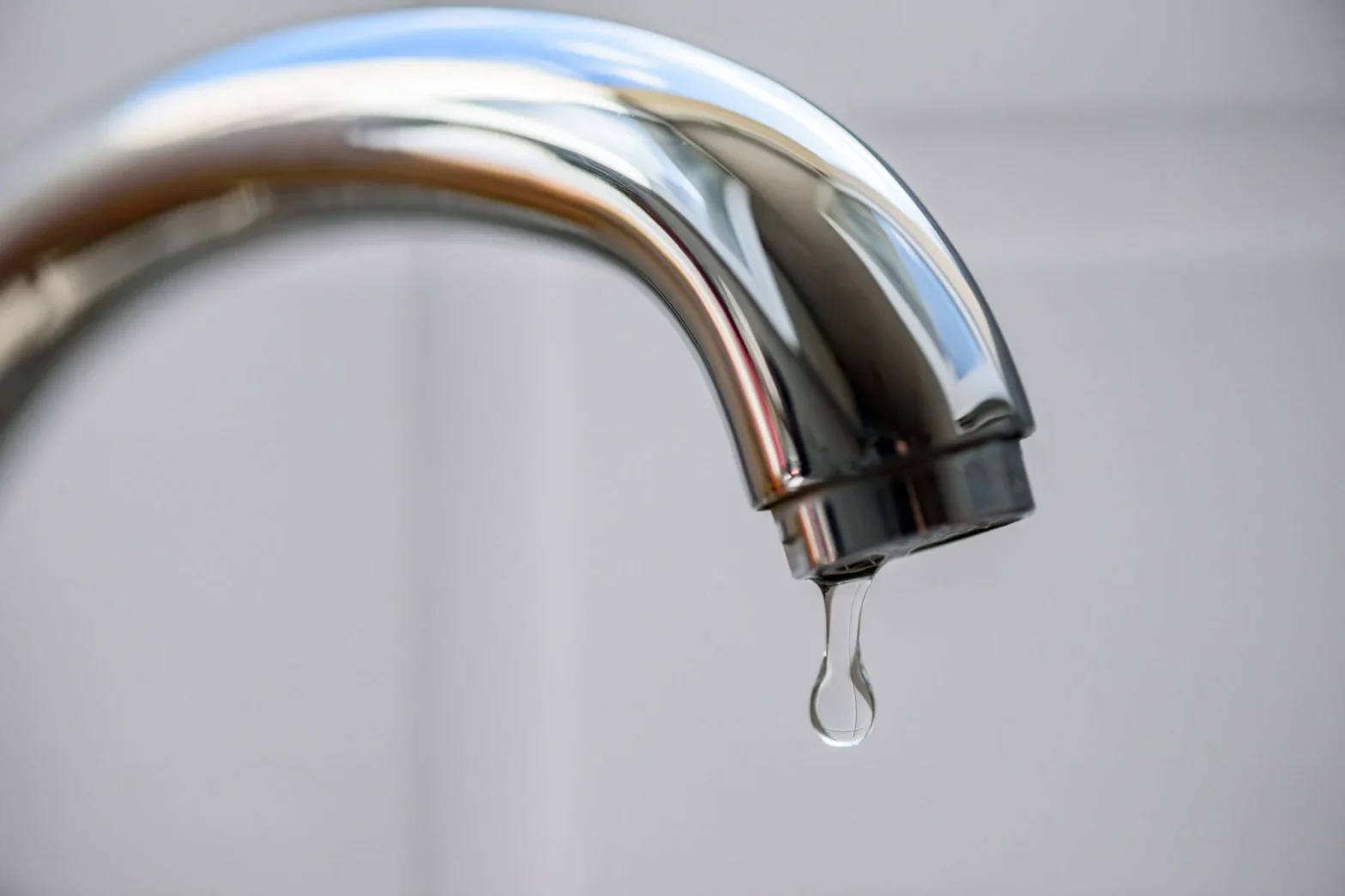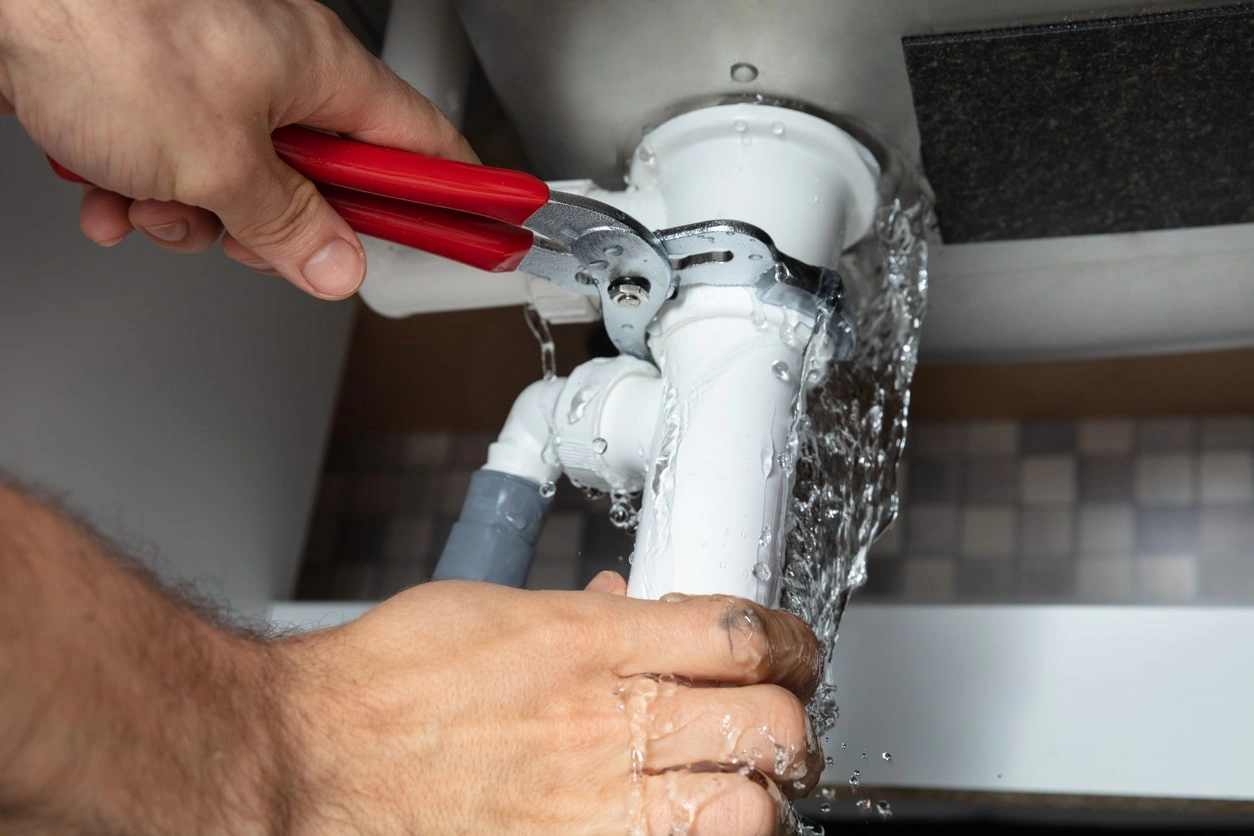The Ultimate Guide to Dealing with Bathroom Drain Odor
Do you smell something terrible from the drain? It can spoil your bathroom time. But fear not! This stench isn’t just an unwelcome surprise – it has identifiable causes, from lurking clogs to sneaky science. In this article, we’ll dive into the reasons behind bathroom sink drain odor and explore various solutions to banish the stink for good. From DIY cleaning methods to calling in the plumbing pros, we’ll equip you with the knowledge (and hopefully a fresh scent) to conquer bathroom sink drain fragrance.
Understanding the Cause of the Bathroom Sink Drain Smells
The culprit behind that bathroom sink stench can stem from a few different plumbing foes. Let’s sniff out the most common offenders:
Dry P-Trap: Your sink drain isn’t a straight shot down the pipes. It has a hero named the P-trap, curved like a lowercase “p.” This bright curve retains water, forming a barrier that stops sewer odors from rising into your bathroom. Yet, if the P-trap dries up – because the sink isn’t used often or due to hot weather evaporation – that barrier vanishes, letting unpleasant sewer smells invade your sense of smell.
Drain Clogs: Hair, soap residue, toothpaste blobs – these seemingly harmless particles enjoy sticking to the interiors of your pipes. Over time, they can create a significant blockage, capturing water and bacteria that produce unpleasant odors. As this bacterial collection decays, it emits foul gasses, transforming your once-fresh sink into an unpleasant-smelling scenario.
Biofilm Buildup: Imagine a slippery, bacteria-infested coating adhering to your pipes. That’s a biofilm, an unpleasant result of organic substances combined with dampness. This tiny community flourishes within drains, capturing particles and producing foul odors as it expands.
Mold and Mildew Growth: Moisture attracts companions, often in the guise of mold and mildew. These moisture-affectionate microorganisms thrive in wet drain spaces, emitting stale odors that can spread throughout your bathroom.
Solutions for Bathroom Sink Drain Odor
Now that we’ve identified the stink squad, let’s explore how to silence them! Here are some solutions to banish bathroom sink drain odor, ranging from DIY methods to calling in the plumbing pros:
DIY Methods
Baking Soda and Vinegar Powerhouse: This method removes odors from the bathroom sink. Pour baking soda and vinegar into the sink, causing a bubbling reaction. This reaction helps remove minor blockages and odors. Baking soda removes odors, and vinegar breaks down grease and grime with its acidic properties.
Boiling Water Blast: Hot water might be a simple solution for greasy buildup or small blockages. Boiling water and pouring it down the drain cautiously can dissolve grease and release any stuck particles.
Plunging Power: Plunger is a reliable drain odor eliminator to resolve minor clog issues. Using suction and pressure, it removes hair, soap scum and odor-causing substances.
Drain Cleaning Products with Caution: Be cautious with commercial drain cleaners; they can effectively tackle tough clogs. Adhering to the instructions closely is essential because certain strong chemicals may harm pipes if not applied correctly.
Professional Solutions
Sometimes, trusty, smelly bathroom sink drain remedy tricks don’t cut it. It’s time to seek assistance from a trusted service provider such as Cali’s Choice.
Drain Snake Magic: When rigid clogs refuse to move, a plumber resorts to their unique tool: the drain snake. It resembles a highly flexible metal serpent that delves into your pipes, seizing and removing clogs forcefully.
Hydro-Jetting Power: This process clears tough pipe blockages like a powerful shower, using high-pressure water to wash away all dirt.
Preventing Bathroom Sink Drain Odor
Does your Bathroom sink drain smell like sewage? Remember, It’s best to stop it before it gets worse!:
Regular Cleaning: To keep your drain clean, use a straightforward approach: pour a cup of hot vinegar down the drain regularly, followed by hot water. This practice can effectively prevent buildup and eliminate any lingering odors.
Drain Screens: Think of these as tiny shields for your pipes. Placing a drain screen in the sink can catch hair, soap scum and other debris before they have a chance to venture into the drain and form a clog-and-odor factory.
Preventing Dry P-Trap: If your sink isn’t used frequently, the P-trap can dry out, letting in those sewer gasses. To avoid this, run the faucet for a few minutes every week or so. This keeps the P-trap filled with water and maintains its odor-blocking barrier.
When to Call a Professional Plumber
While some methods can help with bad odor in bathroom sink drain problems, sometimes you need a plumber. Here are signs you should call one:
Persistent or Severe Odors: Even if you clean often and try to fix P-trap issues, a bad smell that won’t go away could mean a bigger plumbing problem. A plumber can find where it’s coming from, like a broken vent pipe or a tough clog you can’t fix yourself. Sometimes, they might say to use a special drain cleaner for now, but remember, it’s not a permanent fix.
Visible Leaks: Leaks near the P-trap or pipes linking to the sink are a clear problem sign. Ignoring leaks can cause water damage in your bathroom and nearby spaces. A plumber swiftly locates leaks and fixes them promptly to prevent damage and halt mold growth.
Complex Clogs: If stubborn clogs don’t clear with plunging or using a drain snake, you might need a plumber. They use special tools to clear even the toughest clogs without harming your pipes.
Conclusion
Unpleasant bathroom sink drain odors are a thing of the past with a bit of preventative maintenance and some readily available tools. This guide has equipped you with simple yet effective strategies: routine cleaning with hot water and vinegar to combat buildup, drain screens to catch debris before it enters the pipes and running the faucet periodically to prevent a dry P-trap.
Remember, addressing a drain odor promptly is crucial. Left isolated, it could indicate a more severe plumbing issue. Don’t hesitate to take action! For most cases, the DIY methods outlined above should keep your sink smelling fresh. However, if you encounter persistent or severe odors, visible leaks, or complex clogs, don’t hesitate to call a professional plumber. Their expertise can ensure your bathroom sink remains odor-free but also functional and safe. So, take control of your bathroom’s freshness – implement these tips and enjoy a worry-free, pleasant environment!
Related Posts








